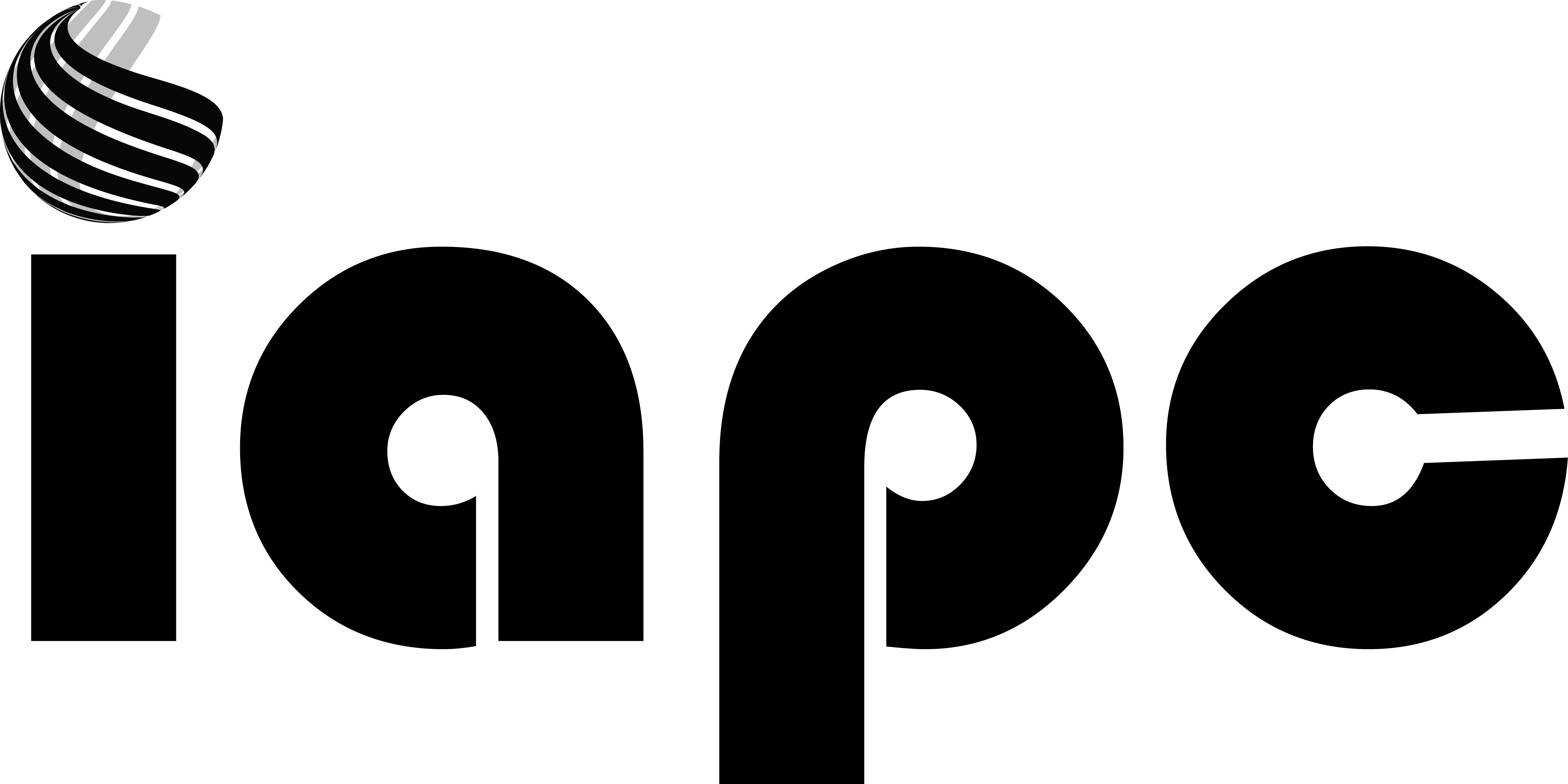 This information will be updated shortly
This information will be updated shortly
The collective experience of 54 environmental, health, and safety (EHS) audit directors and managers from some of the world’s leading multinational companies provides valuable insights for companies of all sizes and audit-maturity levels in guiding EHS auditing activities. With the goal of promoting continuous improvement in EHS auditing effectiveness and practices, AECOM’s International Audit Practicef Consortium (IAPC) has published its Seventh Biennial Environmental, Health, and Safety Audit Practices Survey Report--a 123-page report presenting the results, analysis, and lessons learned from its membership in critical EHS areas of: Audit Scope versus Depth; Auditor Independence, Competency, and Training; Compliance Point versus Control Failures; Audit Program Metrics and Evaluations; and Stakeholder Value.Following are examples of EHS audit insights and lessons learned from some of the leading multinational corporations based on the survey results and analysis:
- As the scope of global EHS audit programs has expanded over the past decade, there generally has not been a commensurate increase in audit resources (budget) for these programs. Audit directors presently are confronted with the ever-growing challenge of maintaining a quality-controlled audit service and meeting the increasing needs of stakeholders. Some global audit programs are meeting this challenge through more in-depth deployment of risk assessment processes to focus audit resources in areas of greater risk while still maintaining the overall program scope desired by key stakeholders.
- Greater attention is being devoted to effectiveness of corrective actions being implemented in response to EHS audit findings. Although often viewed as a “back-end focused” activity (i.e., assuring quality corrective/preventive actions are established during the post-audit period, followed by objective evaluation of corrective/preventive action implementation), leading EHS audit programs are placing greater attention on identifying control failures versus stopping at more traditional compliance point failure findings. This approach promotes a more robust evaluation of the effectiveness of management systems and leads to more effective corrective/preventive actions.
AECOM founded the IAPC in 1996 as a forum for EHS managers to share best practices and information regarding global EHS auditing and oversee development of leading-edge EHS audit protocols for jurisdictions around the world. With 56 member companies in North America and Europe, the consortium maintains industry-leading EHS audit protocols for over 40 countries and jurisdictions. The audit protocols describe regulatory requirements, laws, codes of practice and guidance documents for use in compliance auditing, self-assessments, and regulatory reference.
Published for IAPC members, the EHS auditing practices survey report, prepared biennially since 2002, is by far the most complete compilation and analysis of EHS audit program data available anywhere. The survey data can be used to not only track changes in EHS audit practices over time, but also to benchmark or validate current EHS auditing practices and support the need for program changes that may be needed. Also highlighted are significant challenges—and emerging solutions—for EHS audit stewards.For a list of all IAPC audit protocols published by STP please click here.
About the Author
John Nagy is an AECOM Vice President and Director of the company’s Global Environmental, Health, and Safety Management Consulting Practice. This practice covers a broad range of EHS management services for private and public sector organizations around the world. In addition, Mr. Nagy is the Director of the International Audit Protocol Consortium (IAPC), which is composed of 57 industry-leading multinational corporations focused on promoting excellence in EHS management and auditing in Europe and North America.
Mr. Nagy has over 35 years of consulting, industry, and government experience encompassing numerous industry sectors across the globe. His professional EHS management career began with the U.S Environmental Protection Agency, continued as an EHS Director for Waste Management, and for the past 17 years has been focused in the EHS consulting industry working with many of the world’s leading companies. He is a Certified Professional Environmental Auditor and has served in various leadership roles with both The Auditing Roundtable and the Board of Environmental, Health and Safety Auditor Certifications (BEAC). While serving as the President of The Auditing Roundtable, Mr. Nagy was instrumental in the formation of The BEAC, which is the leading North American EHS auditor certification organization.

